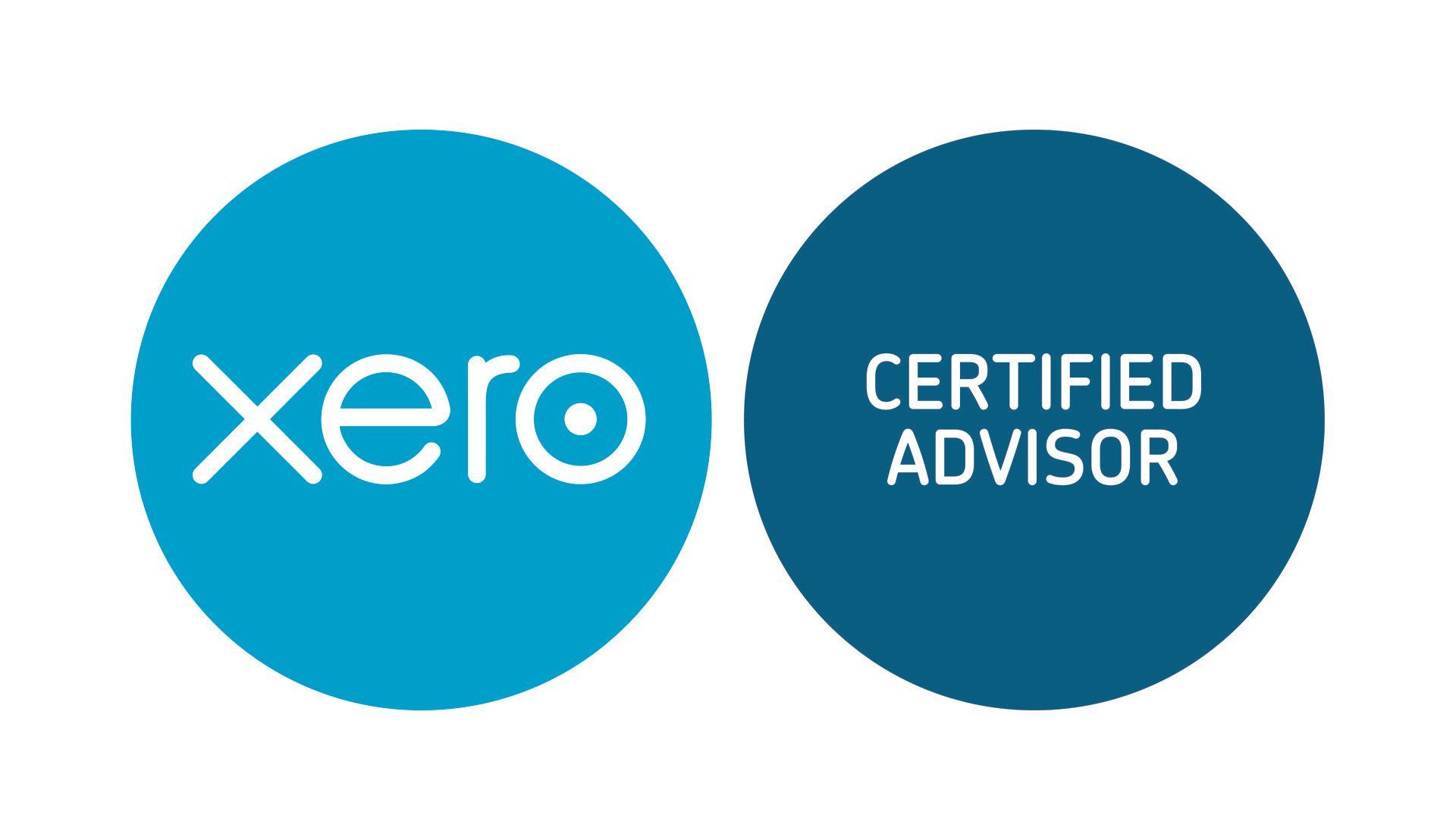Ethical Financial Practices in Business: A Path to Success
In today's business landscape, the importance of ethical financial practices cannot be overstated. Ethical decision-making in finance goes beyond mere compliance with regulations; it's about upholding moral principles, transparency, and accountability. In this blog, we'll delve into the significance of ethical financial practices and how they can positively impact a business's reputation and bottom line.
Why Ethical Financial Practices Matter
1. Reputation Enhancement: Trust is a cornerstone of any successful business. When a company embraces ethical financial practices, it builds trust with customers, investors, and stakeholders. People want to engage with businesses they can rely on, and ethical financial behavior fosters that trust. Word of mouth, positive reviews, and customer loyalty often follow.
2. Sustainability: Ethical financial practices contribute to the long-term sustainability of a business. Making short-term, unethical financial decisions might yield immediate gains, but they can lead to reputational damage and long-term instability. Sustainable businesses are more likely to thrive in the long run.
3. Legal Compliance: Ethical financial practices ensure that a business stays on the right side of the law. Violating financial regulations can lead to costly legal battles, fines, and damage to reputation. Ethical behavior helps a business avoid these pitfalls.
Positive Impact on the Bottom Line
1. Cost Reduction: Ethical financial practices can lead to cost savings. For instance, by minimizing wasteful expenditures or preventing legal troubles, a business can reduce its overall expenses, directly impacting its profitability.
2. Investor Attraction: Ethical businesses are often more attractive to investors. Ethical financial practices signal responsible management, which can entice investors looking for stable, ethical opportunities. This can lead to increased capital injection into the business.
3. Customer Loyalty: Ethical financial behavior resonates with customers. When people see a company that is committed to ethical practices, they are more likely to support it. This can translate into higher sales and customer loyalty, ultimately boosting the bottom line.
Implementing Ethical Financial Practices
1. Clear Financial Policies: Develop and communicate clear financial policies that align with ethical principles. Ensure that all employees understand and adhere to these policies.
2. Regular Audits: Conduct regular financial audits to identify and rectify any unethical practices. These audits should be thorough and transparent.
3. Ethical Leadership: Ethical financial practices start at the top. Leadership should set an example by adhering to ethical standards in all financial decisions.
In conclusion, ethical financial practices are not just a moral obligation; they are a strategic imperative for businesses. They enhance reputation, contribute to the bottom line, and ensure long-term sustainability. By prioritizing ethical decision-making in finance, businesses can pave the way for success while fostering a positive impact on society as a whole. It's a win-win scenario that every business should strive for.















